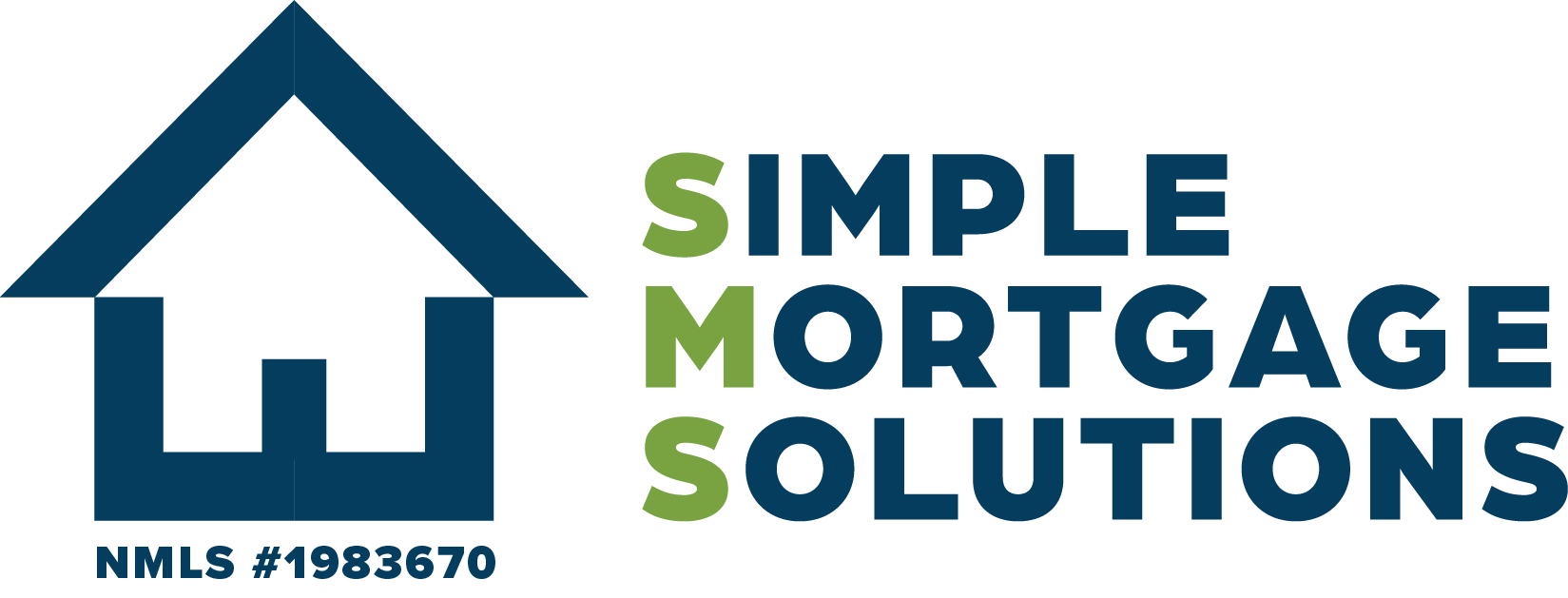Frequently Asked Questions
Affordable Home Ownership For All
What is a mortgage loan?
A mortgage loan is a financial agreement where a lender provides funds to a borrower to purchase or refinance a home. The borrower agrees to repay the loan amount, plus interest, over a set period (usually 15 to 30 years). The home acts as collateral, meaning the lender can take ownership if payments are not made.
What are the different types of mortgage loans?
There are various mortgage loans tailored to different needs. Conventional loans are not government-backed and often require a good credit score. FHA loans, backed by the Federal Housing Administration, are ideal for first-time buyers. VA loans are exclusive to veterans and military personnel, offering no down payment. USDA loans are available for rural property buyers, also with no down payment. Jumbo loans cater to homes exceeding conforming loan limits. Fixed-rate mortgages offer consistent payments, while adjustable-rate mortgages (ARMs) start with a lower rate that adjusts over time.
How do I know which mortgage loan is right for me?
The best loan depends on factors like your credit score, income, and financial goals. If you’re a first-time buyer with limited savings, an FHA loan might be a good option. Veterans may benefit from VA loans, while borrowers seeking consistent payments may prefer fixed-rate mortgages. Consulting a mortgage expert is the best way to evaluate your options.
What is the difference between a fixed-rate and an adjustable-rate mortgage?
A fixed-rate mortgage has the same interest rate throughout the loan term, providing predictable monthly payments. An adjustable-rate mortgage (ARM) starts with a lower fixed interest rate for a set period (e.g., 5 years) and adjusts periodically based on market conditions, which can increase or decrease payments over time.
What is the minimum credit score needed to qualify for a mortgage?
The minimum credit score varies by loan type. FHA loans typically require a score of 580, or as low as 500 with a higher down payment. Conventional loans often require a score of at least 620. VA and USDA loans may not have fixed minimums but require a solid credit history. Higher credit scores can help secure better interest rates.
How much money do I need for a down payment?
The required down payment depends on the loan. Conventional loans may require as little as 3%, though putting 20% down eliminates the need for private mortgage insurance (PMI). FHA loans require at least 3.5%. VA and USDA loans offer 0% down payment options for eligible borrowers.
What is private mortgage insurance (PMI), and do I need it?
PMI is a type of insurance required on conventional loans with a down payment of less than 20%. It protects the lender in case of default. FHA loans require mortgage insurance regardless of the down payment amount. PMI can typically be canceled once you’ve reached 20% equity in your home.
What is pre-approval, and why is it important?
Pre-approval is a lender’s review of your financial profile to determine how much you can borrow. It involves verifying your income, credit, and assets. Pre-approval helps you set a realistic budget and demonstrates to sellers that you are a serious buyer.
What costs should I expect during the home-buying process?
In addition to the down payment, you should budget for closing costs, which typically range from 2-5% of the home’s price. Additional expenses include home inspections, appraisals, property taxes, homeowners insurance, and escrow fees. You may also need to account for moving costs and any immediate repairs or upgrades.
How long does it take to close on a mortgage loan?
Closing on a mortgage loan typically takes 30 to 45 days but can vary based on the loan type, lender, and your preparedness. Factors like pre-approval, document submission, and property appraisal can affect the timeline. Being organized can help speed up the process.
Can I qualify for a mortgage if I’m self-employed?
Self-employed borrowers can qualify for a mortgage, but they may need to provide additional documentation such as two years of tax returns, a year-to-date profit-and-loss statement, or 12-24 months of bank statements. Lenders assess income stability and may also consider the health of your business.
What happens if I miss a mortgage payment?
Missing a mortgage payment can result in late fees, damage to your credit score, and, if payments are consistently missed, foreclosure. If you’re having trouble making payments, contact your lender immediately to explore options like forbearance or loan modification.
What are closing costs, and what do they include?
Closing costs are fees associated with finalizing your loan and generally range from 2-5% of the loan amount. These costs include loan origination fees, title insurance, appraisal fees, property taxes, and homeowners insurance. Some lenders offer no-closing-cost options by rolling fees into the loan.
Can I pay off my mortgage early?
Many mortgages allow early repayment without penalties, though some loans, such as adjustable-rate or specialty loans, may include prepayment penalties. Paying extra toward the principal can reduce the loan term and save you money on interest, so it’s worth reviewing your loan agreement.
What’s the difference between a pre-qualification and a pre-approval?
Pre-qualification is a quick estimate of how much you might borrow based on basic financial details. It doesn’t involve detailed verification. Pre-approval is a more thorough process where the lender reviews your income, credit, and assets to provide a conditional loan amount. Pre-approval carries more weight with sellers and is a stronger step toward securing a mortgage.
How Happy Are Our Customers?

Thank you for choosing us. We are dedicated to helping you achieve your homeownership goals with personalized service and expert guidance. For more information or assistance, feel free to reach out to us anytime!
© Copyright Simple Mortgage Solutions LLC 2026. All rights reserved.
Simple Mortgage Solutions, LLC NMLS 1983670 is a licensed mortgage loan originator representing UWM Lending. Licensed in AR, TN, FL, LA, MS, CO
